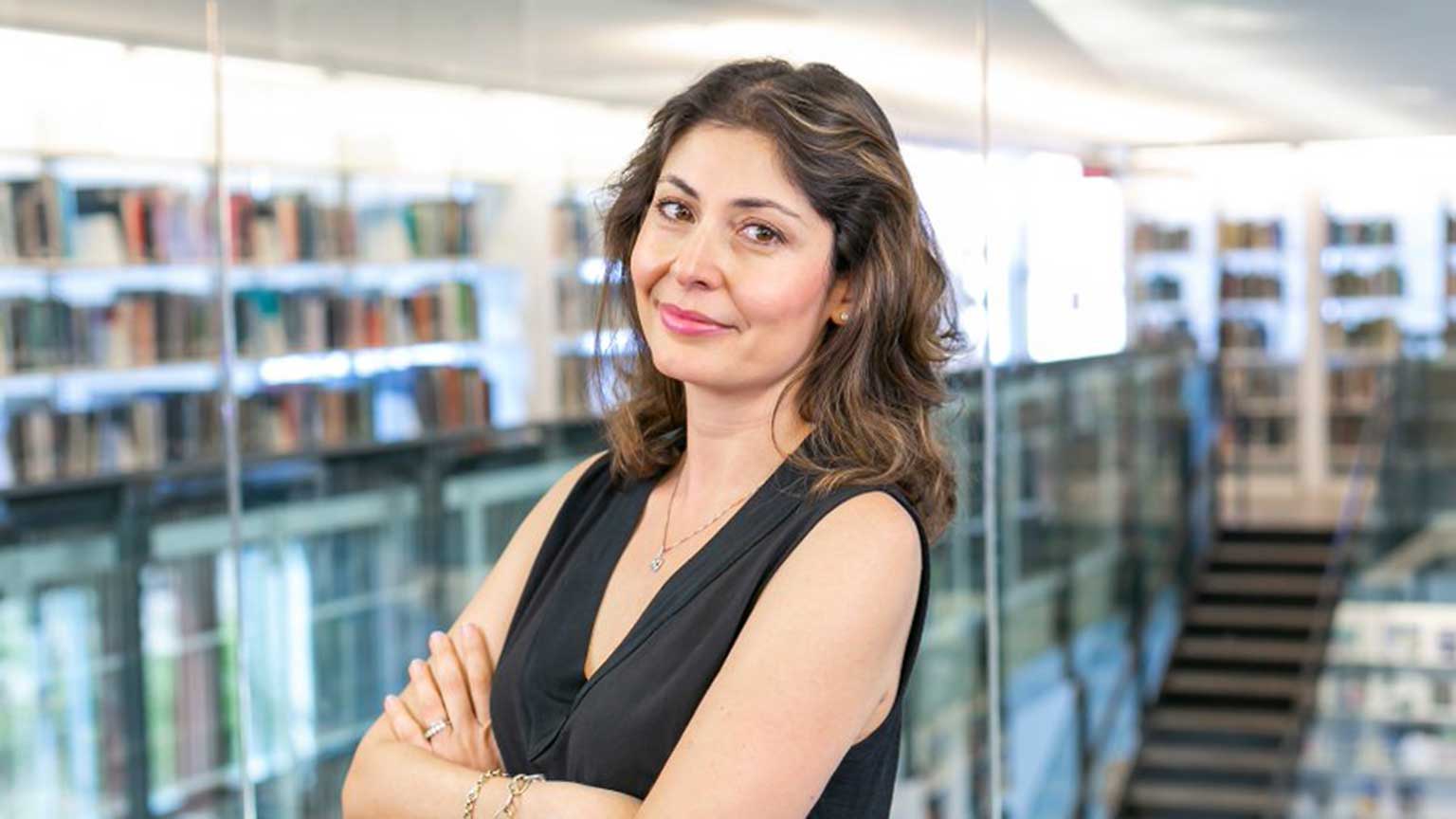Gulsah Akar Appointed New School of City and Regional Planning Chair

May 24, 2021 • Atlanta, GA
The College of Design is proud to announce Gulsah Akar’s appointment as chair of the School of City and Regional Planning, effective July 1, 2021.
“Dr. Akar has established herself as a thought leader in urban transportation planning,” said Steven P. French, the dean and John Portman Chair of the College of Design. “She is the editor of the Journal of Planning Literature, one of the top three urban planning journals in the United States. She serves on two Transportation Research Board committees and is a manuscript reviewer for all the major transportation journals.”
Before joining Georgia Tech, Akar was a professor and director of the Ph.D. program in City and Regional Planning at The Ohio State University. She holds a Ph.D. in Civil and Environmental Engineering from the University of Maryland.
“There are a lot of things I like about my profession,” Akar said, “but most important to me is that it’s interdisciplinary.” City and regional planners talk to a lot of audiences, she said. In order to help communities grow in livable, sustainable, resilient ways, planners regularly collaborate with engineers, people in the social sciences and business, decision-makers in government, residents and community leaders.
That interdisciplinary nature led Akar to Georgia Tech. “The Georgia Tech School of City and Regional Planning is a pioneer in interdisciplinary research and education. We offer dual degrees with a number of programs across campus, from engineering to public policy to computing.”
Read also: New Master of Science in Urban Analytics Launches Fall 2021
Cities are complex systems, and only by bringing such a wide group of disciplines together can we understand the intended and unintended consequences of our actions as planners, she said.
“Planners look at how a city functions and we try to make better plans for the future, using all the available inputs,” she said. “We examine the financial and environmental impacts, and any infrastructure or legal consequences.”
Strong research is another reason Akar chose Georgia Tech.
“The research that’s being done at the Georgia Tech School of City and Regional Planning is setting national priorities,” she said. “Our faculty members are testifying in front of government entities. They are publishing cutting-edge research articles. That brings a lot of attention to Georgia Tech.”
“The communities our students and faculty engage with look to us for solutions,” she said.
Akar studies transportation demand forecasting and the relationship between land use patterns and travel behavior. Recently she is focused on the impact of autonomous vehicles on urban mobility.
At Ohio State, she was the research program lead on smart and resilient cities in the campus-wide Sustainability Institute. Her research received funding from the National Science Foundation, the Ohio Department of Transportation, the NEXTRANS University Transportation Center, and OSU’s Corporate Engagement Office.
“Dr. Akar is a dedicated and effective teacher who has provided a remarkable level of service to her professional community, her school, college, and university,” French said. “I look forward to her leadership in continuing our tradition of outstanding scholarship in city and regional planning.”
The Georgia Tech School of City and Regional Planning is a top ten planning school whose flagship degree program is accredited by the Planning Accreditation Board. The School is dedicated to crafting communities that are sustainable, just, resilient, healthy, and inclusive through world-class education and cutting-edge research. Its research encompasses the themes of resilience, urban analytics, and inclusive communities.
Since 1952, Georgia Tech's planner alumni have distinguished themselves not just in their commitment to a just and sustainable world, but also in their savvy use of problem-solving skills that engage people and innovative technologies.
Serving 125 students, the School offers three graduate degree programs—a Master of City and Regional Planning (MCRP), a Master of Science in Geographic Information Science and Technology (MS-GIST), and a Ph.D. in City Planning. The School will launch an M.S. in Urban Analytics (MSUA) in the fall.
Interdisciplinary education is a signature of the School, which offers five dual degree programs pairing the MCRP with allied professional studies including the MS-GIST, the Master of Architecture, Master of Science in Public Policy, Master of Science in Civil Engineering, and the Juris Doctor degree at Georgia State University.
Georgia Tech undergraduate students in any discipline can take advantage of the School’s Sustainable Cities minor and Real Estate Development Certificate.